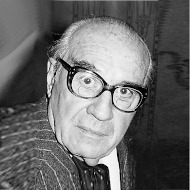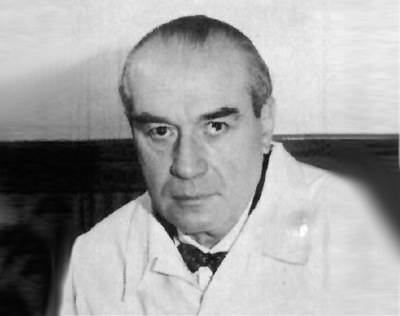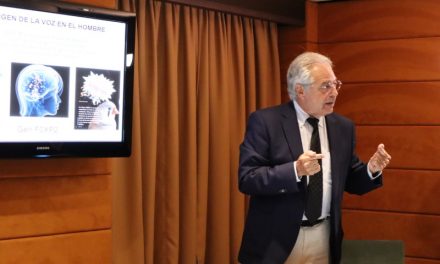 The Royal European Academy of Doctors-Barcelona 1914 (RAED) presents the 13th installment of the series dedicated to the most notable academicians of its centennial history, this time to another of its illustrious characters: the renowned Catalan urologist and benefactor Antonio Puigvert (1905-1990). Another of the great figures of science and thought that have been part of the RAED and that the current Governing Board wants to thank, acknowledge and claim, in the conviction that who has no memory, has no future. The selection of these select academicians, from all fields of knowledge, is the result of research carried out for the publication of the “Book of the Centenary” of the Royal Academy, published three years ago. Personalities that transcend their historical context to appear today as referents of knowledge.
The Royal European Academy of Doctors-Barcelona 1914 (RAED) presents the 13th installment of the series dedicated to the most notable academicians of its centennial history, this time to another of its illustrious characters: the renowned Catalan urologist and benefactor Antonio Puigvert (1905-1990). Another of the great figures of science and thought that have been part of the RAED and that the current Governing Board wants to thank, acknowledge and claim, in the conviction that who has no memory, has no future. The selection of these select academicians, from all fields of knowledge, is the result of research carried out for the publication of the “Book of the Centenary” of the Royal Academy, published three years ago. Personalities that transcend their historical context to appear today as referents of knowledge.
Considered internationally the founder of modern urology, the personality and professional career of Puigvert was very marked by the example of his father, a rural doctor from Lleida. Despite the limited resources of the family, his tenacity led him to study Medicine at the University of Barcelona, where he graduated in 1928. In 1933 he entered the Urology Service of the Saint Cross and Saint Paul Hospital in Barcelona, which he directed since 1951. Before that, he had founded an Institute of Urology with a specialization school that would eventually become the renowned Puigvert Foundation.

Dr. Antonio Puigvert
In addition to his work as a doctor and teacher, Puigvert made important contributions to urology and invented numerous surgical instruments, such as the Béniqué probe, the prostateperineal surgery scale, the pyelography syringe, the well-known Puigvert tutor probe, the clamp of uneven handles, the double separator and the dissection and suture clamp.
In 1967, the then Academy of Doctors of the University District of Barcelona recognized him as honorary academician and in 1971 he got the Chair of Urology at the Autonomous University of Barcelona. Despite maintaining good relations with the Franco regime and Francisco Franco himself, with whom he interceded for the anarchist Salvador Puig Antich, in the elections to the Parliament of Catalonia in 1980 he was elected deputy by the Catalan natiolalist party Esquerra Republicana de Catalunya.
Among his public acknowledgments include the Cross of Saint George by the Catalan Government, the Gold Medal of the City Council of Barcelona, the order of Knight of the Legion of Honor of France, the Grand Cross of the Order of Isabel the Catholic and the Grand Cross of the Order of Alfonso X the Wise.




